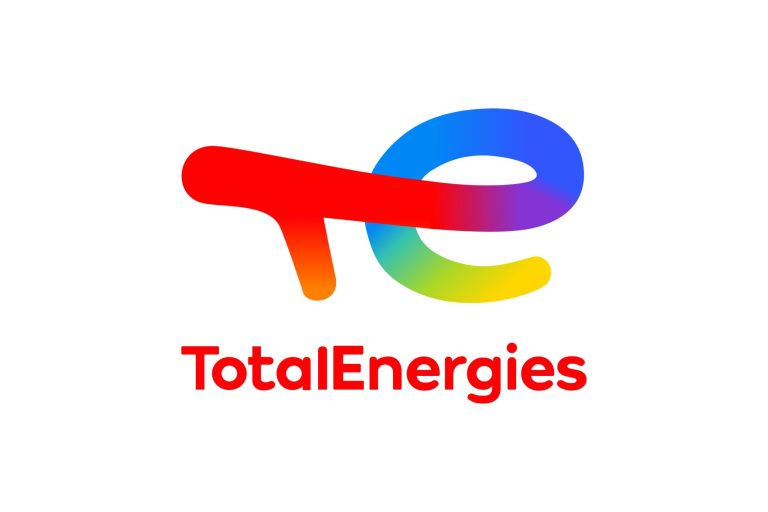Multinational energy giant TotalEnergies has presented five key proposals aimed at revitalizing Nigeria’s oil and gas sector, which has been struggling with underinvestment, production decline, and loss of momentum for over a decade. The suggestions, presented by the company on Tuesday, focus on improving investment conditions, clarifying regulatory frameworks, and encouraging more efficient use of existing oil and gas assets.
Speaking at the ongoing 42nd annual conference and exhibition of the Nigerian Association of Petroleum Explorationists (NAPE) in Lagos, Matthieu Bouyer, Chairman of TotalEnergies Companies in Nigeria and Managing Director of TotalEnergies EP Nigeria Limited, outlined the company’s vision for the future of Nigeria’s energy sector. Bouyer was represented at the event by Olatunji Akinkumi, Executive Director of Corporate Services at TotalEnergies Nigeria.
According to Bouyer, to reignite the sector’s growth, several critical changes are needed, including more attractive entry costs for investors, market-reflective signature bonuses for oil blocks, and the re-licensing of expired blocks. He also highlighted the importance of clarifying the Nigerian National Petroleum Company Limited’s (NNPC) “back-in rights” before assets are handed over to new operators.
The five key proposals outlined by TotalEnergies are:
1. Attractive Investor Entry Costs and Signature Bonuses
TotalEnergies advocates for lower entry costs for new exploration blocks, which could make Nigeria more competitive and appealing to potential investors. The company also recommends implementing market-reflective signature bonuses for oil blocks during bidding rounds to ensure that the cost of entry aligns with the potential value of the assets.
2. Clarity on NNPC’s ‘Back-in Rights
TotalEnergies calls for clear and transparent terms regarding the NNPC’s back-in rights before assets are licensed to new operators. Bouyer explained that the back-in right, which allows NNPC to reclaim a share of profits after the new operator has recovered its costs, should be clearly defined and reduced to a strategic minimum holding. He emphasized that these rights should be cash-funded to ensure clarity and fairness in the process.
3. Re-licensing of Expired and Unexplored Oil Blocks
The company urges the Nigerian government to facilitate the re-licensing of expired or unexplored deepwater oil blocks to new holders, fostering strategic partnerships within the industry. This would ensure that unused blocks are put to productive use, which could increase overall production capacity.
4. Activation of the ‘Drill or Drop’ Clause
TotalEnergies advocates for the implementation of the “Drill or Drop” clause, which is part of the Petroleum Industry Act (PIA). This clause would require companies to either develop or relinquish oil and gas assets within a certain period, discouraging companies from holding onto assets without creating value. The activation of this clause would ensure that exploration and production efforts are maximized, benefiting both the economy and industry stakeholders.
5. Improved Security of Assets and Infrastructure
Bouyer highlighted the need for stronger asset security measures and recommended that host communities be incentivized to participate in the ownership and security of energy infrastructure. This approach, he argued, would encourage local cooperation and reduce the risks of vandalism and theft. Additionally, he called for greater regional cooperation with other West African countries to tackle maritime security threats that impact the oil and gas sector.
While presenting these proposals, Bouyer also acknowledged the efforts the Nigerian government has made to revitalize the oil sector, including the enactment of the Petroleum Industry Act (PIA) and the introduction of Presidential Executive Orders and tax incentives. He recognized that these initiatives have provided some level of certainty in the sector but stressed that more needs to be done to create a more attractive and sustainable investment environment.
Commitment to Nigeria’s Long-Term Growth
In response to concerns about TotalEnergies’ long-term commitment to Nigeria, particularly following its decision to divest from certain onshore assets, Bouyer reassured stakeholders that the company remains fully invested in Nigeria’s future. “We are here for the long term,” Bouyer said. “TotalEnergies is not considering leaving Nigeria. We continue to align with the efforts of the government and other stakeholders to drive the sustainable development of our great country.”
Through these five strategic proposals, TotalEnergies aims to address key challenges in Nigeria’s oil and gas sector while encouraging greater investment, operational efficiency, and safety. The company’s vision underscores the need for cooperation between government, industry players, and host communities to drive Nigeria’s energy future.

